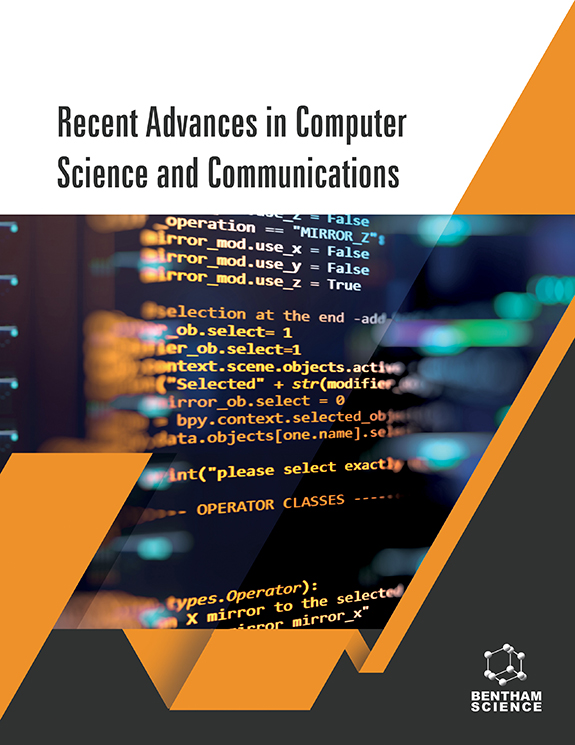Submission Tilte
Applications of Smart Computing in Engineering and Technology
Submission Abstract:
The thematic issue titled Applications of Smart Computing in Engineering and Technology is envisioned as a comprehensive platform to explore the integration of advanced computing technologies across diverse engineering and scientific fields. Smart computing refers to the use of intelligent systems, artificial intelligence (AI), machine learning (ML), data-driven models, and Internet of Things (IoT) frameworks to design solutions that are adaptive, self-learning, and sustainable. With the rapid growth of digital transformation and Industry 4.0, smart computing has become an essential enabler of innovation, efficiency, and problem-solving in both traditional and emerging areas of engineering.
This issue will cover a wide range of applications. It will examine how smart systems contribute to improved decision-making, automation, and efficiency in civil, mechanical, electrical, electronics, and computer science disciplines. Special emphasis will be given to transformative applications in IoT, Industry 4.0, advanced communication networks, and smart satellite systems, where intelligent computing is driving the future of connected infrastructures. Furthermore, it will highlight critical roles of smart computing in healthcare technologies, biomedical engineering, and environmental sustainability, showcasing how green and intelligent computing can address pressing global challenges related to health, energy, and climate change.
The thematic issue also recognizes the importance of cross-disciplinary research, such as AI and ML in emerging technologies, and the role of data security, ethics, and privacy in intelligent systems. By integrating perspectives from academia, research, and industry, the issue aims to foster collaboration, present state-of-the-art findings, and promote sustainable practices. Ultimately, this collection seeks to provide readers with a holistic understanding of how smart computing is reshaping engineering and technology, encouraging its adoption as a foundation for innovation, resilience, and sustainable development in the 21st century.




